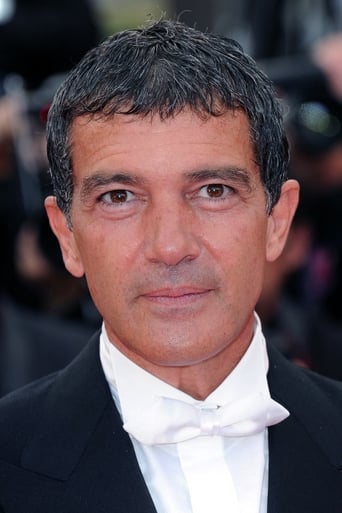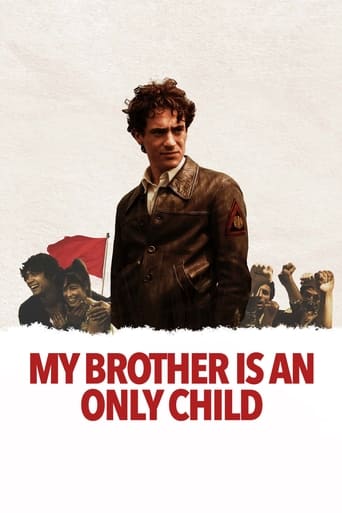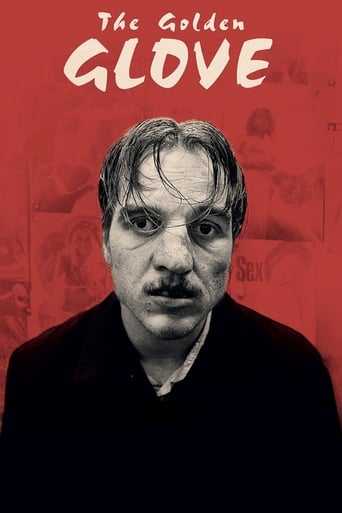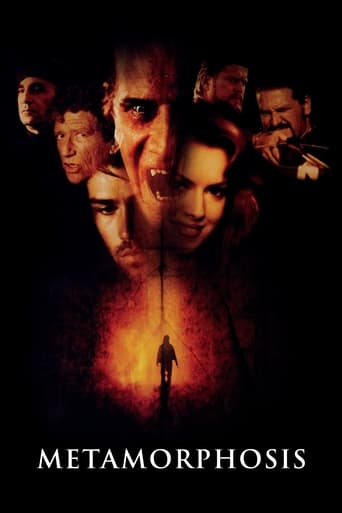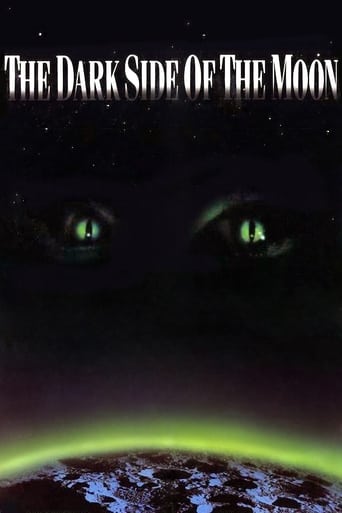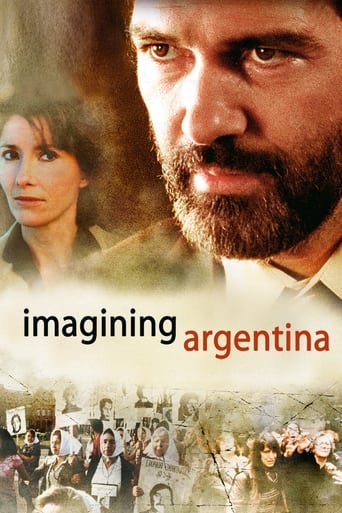
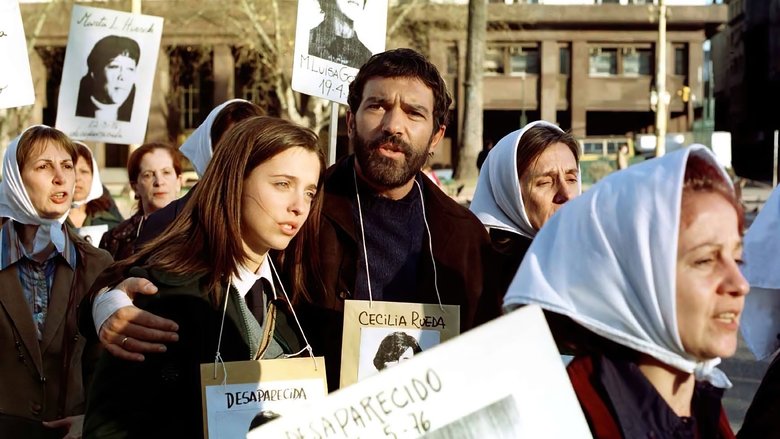
Imagining Argentina (2003)
Set during the unsettling disappearances in Buenos Aires during the dictatorship of the 1970s, the film involves theater director Carlos Rueda and his wife Cecilia. Shortly after Cecilia writes an editorial commentary questioning the mysterious abductions, she is herself abducted and taken into police custody.
Watch Trailer
Cast
Similar titles
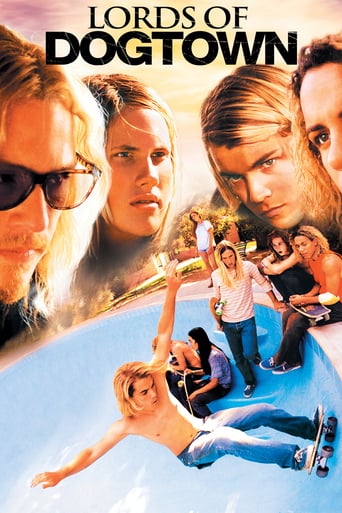
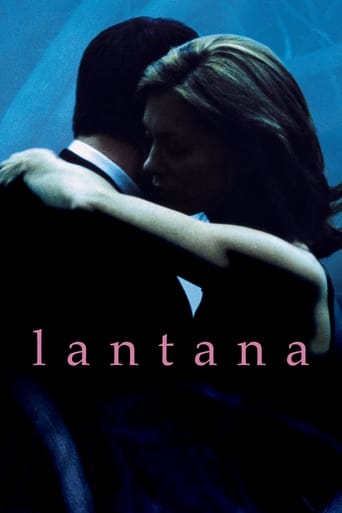
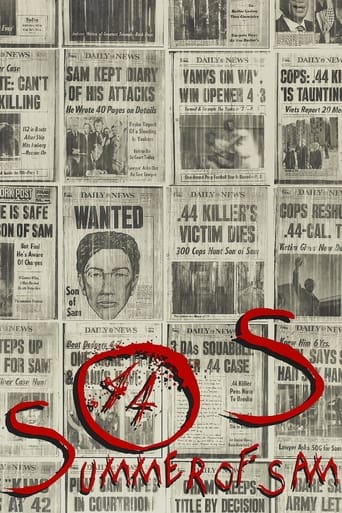
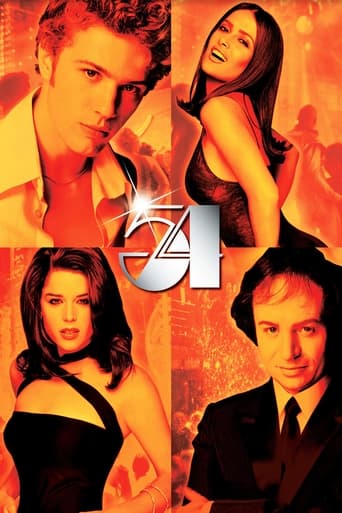
Reviews
the audience applauded
People are voting emotionally.
Good films always raise compelling questions, whether the format is fiction or documentary fact.
The film never slows down or bores, plunging from one harrowing sequence to the next.
This is not a happy, joyful film. There was a period where innocent people were arrested & brutally questioned & subsequently disappeared.This tragedy occurred in many countries around the world,Antonio Bandares & Emma Thompson are a happily married couple with a teen aged daughter. Emma is arrested for no good reason, The rest of film is Antonio's search. It is a very grim search.This is perhaps Antonio Bandares' best role to date.Why this had such a poor release in the US or anywhere is beyond me.The Director & screenplay writer is Christopher Hampton, an Oscar winner for Dangerous Liassons, Emma Thompsin is an Oscar winner, & Antonio Bandares is a major star.This is an excellently acted & made film. It is not for children, as it is quite violent & there are more than a few scary images.It is a fine drama & should be see, It is in English.rating:***1/2 (out of 4)91 points (out or 100) IMDb 8 (out of 10)
The first thing I'd like to say is I've been reading people's comments about this movie, and I'm really touched at how much people round the world know about the worst period in Argentinian history. As regards the movie itself, I wouldn't like to disrespect anyone, but I think it is a lousy portrayal of real events. I agree with someone that the title allows for the viewer to expect a free interpretation rather than an accurate historical account. I disagree with someone about the images of torture being too many and too cruel. I think they were too soft. I've seen at least twenty Argentinian movies dealing with this topic (actually, I'd say nine out of ten Argentinian movies have at least one referent to it). The point is, no one can make a movie about "El Proceso" but an Argentinian citizen. It's nothing to be proud of, but it's our burden. I didn't have anyone missing, but I grew up with this, and it'll never be over for us. I understand the good intentions of everyone involved in this movie, and I think it's important that people in other countries let the world find out what happened here, but if you really want to know, you should see local accounts, without fake accents (subtitles are not that bad once you get used to them). Oh, and just for the record, the oppressors were ten times more somber and disgusting than what the movie shows. Most of them still feel the same way about everything they did, and as someone said, justice in this country is a lost cause. I just pray it never happens again. Thanks for reading.
I won't take away from the movie, it was good and dramatic. But I was disappointed in the projection of reality of the subject. First, the reality of why people were disappeared was barely touched upon. They mentioned the word "subversives" but they failed to project exactly what that meant, at least in my opinion. The fact that even in Operation Condor, the U.S. was involved and Henry Kissinger gave his blessing with his own words pretty much telling the Videla's government, do what you must, we understand, but hey can't you keep it out of the news because the publicity is bad and we are trying to help fund you...that was missed. Also the fact that people were ASSUMED to be communist sympathizers, whether or not they were, was sort of swept under the carpet to focus on Antonio Banderas other skills. What I did like was the fact that they tied it to the Nazis and rightfully so. What I didn't like was the fact that at the end of the movie they failed to note how many American citizens have been "disappeared" or are doing time in our own concentration camp in Cuba.I also was disappointed they failed to mention the babies that were taken from their mothers (which was a huge focus of the Abuelitos de Plaza Mayo) and sold to the high ranking soldiers or even sold to other wealthy people in various countries outside of Argentina. They only touched on the Wednesday helicopter rides, where people were thrown out to die. These things bothered me about the movie, because I think a movie of such relevant subject matter should tell the real story. Especially when it involved the death of so many innocent people. And I do believe it's time to stop making these incidents look isolated to individual countries and show how the Imperialistic values of a group of socialist Nazis has spread this mentality throughout the world and that's why the same practices are done all over. There is so much they could have done with this movie that wasn't done. Was it good? Yes. But it could have been great.
Emma Thomson, Antonio Banderas, and the dark period of 1976-1983 in the history of modern Argentina, would be adequate elements in the hands of director Christopher Hampton to produce a very interesting motion picture without mixing any clairvoyance in the script. However, the film documents with some success an appalling portrait of the brutality of General Videla's regime, and gives the opportunity to the oblivious onlooker to get a shocking glimpse of the methods employed by the military to secure their stay in power. The core issue in the movie is the so called "El Proceso," or the "Dirty War", when almost 30,000 people were kidnapped by the regime's secret police, tortured and ultimately "disappeared" by their abductors. Some scenes, particularly the repeated rape sessions, are pretty dreadful, but they communicate the right message to the viewer and record for the sake of history what was happening in Argentina at that time. Emma Thompson in the role of the "disappeared" journalist Cecilia Rueda is always an exceptional performer. Antonio Banderas, acting as her husband Carlos, is less convincing and his act is losing impetus every time he plays the clairvoyant who can foresee what will happen to the "desaparecidos" including his wife and his daughter. You may see the film to know how it ends. It helps anyway to remember how the real history unfolded. General Galtieri replaced Videla, led his nation to a lost war with Great Britain over the Falklands, and in 1983 Argentina returned to civilian rule. Following Carlos Menem election in 1989, an amnesty law was passed remissive of the criminal acts of that period. Last June 2005, the Supreme Court of Argentina scrapped that Amnesty Law, thus lifting all protection against prosecution of the former military officers responsible for human rights abuses during the dictatorship years.
